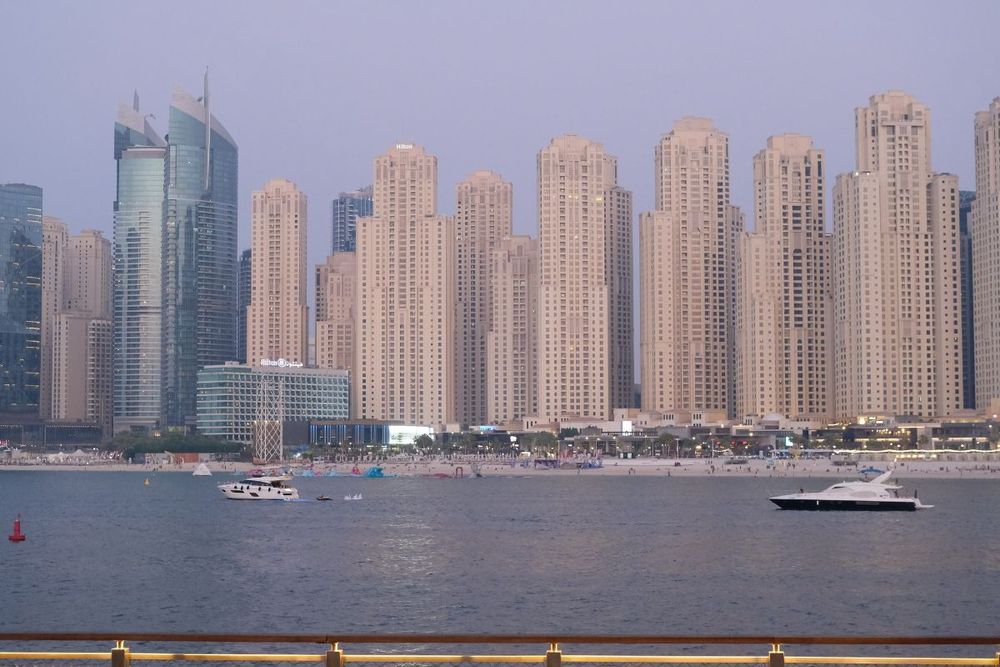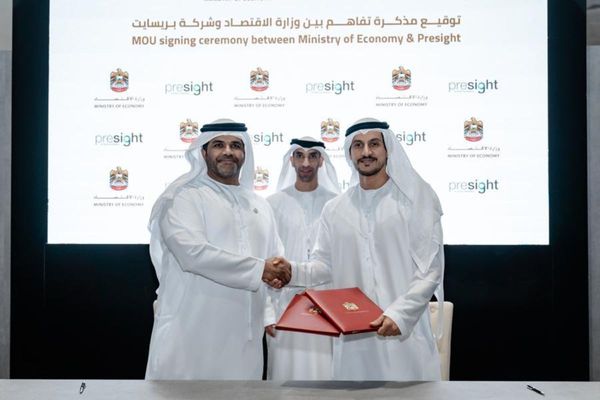Expert provides the ultimate guide for renting and living in the city.
When searching for a flat or villa in Dubai, residents may be unsure whether to prioritize the cost or the location. This is a major decision, especially for those who are new to the city or renting independently for the first time. To address common concerns and provide guidance, this guide covers procedures, necessary documents, and popular areas when renting in Dubai.
Which areas are considered the most desirable for renting a property in Dubai?
The most suitable neighborhoods to rent a property in Dubai will vary based on your lifestyle and financial situation.
For those who seek proximity to the waterfront or beach, Dubai Marina, Jumeirah Beach Residence (JBR), and Palm Jumeirah are highly recommended due to their breathtaking views, beachside lifestyle, and abundance of amenities. On the other hand, Downtown Dubai and Business Bay are ideal if you prefer an urban lifestyle, as they offer towering skyscrapers, and easy access to transportation, shopping, and dining, making them a popular choice for professionals. However, since these areas are in high demand, the rents are significantly higher compared to other parts of the city.
If you are a family with children, then living in proximity to good schools and access to amenities like parks and a swimming pool might be an important factor. Dubai offers several great family-oriented townhouse and villa communities, such as Dubai Hills Estate, Arabian Ranches, and Emirates Living.
When deciding on a place to live in Dubai, it's important to consider whether you will be driving or relying on public transportation. If you plan to drive, it's recommended to look for neighborhoods with ample parking and convenient access to major highways. On the other hand, if you plan to use public transport, it's best to consider neighborhoods that are situated near metro stations, offering convenient and cost-effective travel options throughout the city.
Although some areas in Dubai may be expensive, there are plenty of budget-friendly communities to consider. Jumeirah Village Circle (JVC) and Jumeirah Village Triangle (JVT) offer a range of affordable properties, including apartments, townhouses, and villas. For a low-cost apartment option that requires a car, Dubai Sports City is a great choice, while Al Furjan or Discovery Gardens are suitable if you prefer to use the metro. If you do not mind living outside the city, Damac Hills 2 is an excellent option for affordable townhouses and villas.
Before committing to a rental property, it's important to conduct thorough research on different areas. Take the time to explore local amenities and transportation links firsthand. Additionally, consider reaching out to a trusted real estate agent and communicating your specific needs and preferences to help you find the ideal neighborhood.
What are the necessary documents required to rent a property?
In order to rent a property in Dubai, it is necessary to have copies of important documents such as a passport, residence visa, and Emirates ID. These documents are required for registering your tenancy contract with Ejari and to activate Dewa for electricity and water. Additionally, you will need a UAE bank account with a chequebook to pay for rent, deposit, and agency fees. In case you don't have the required documents, short-term accommodation can be used until you obtain them to rent a property on a long-term basis.
What are the expenses involved in renting a property in Dubai?
When renting a property in Dubai, there are several costs to consider. These include an agency fee that is typically 5% of the annual rent, as well as a security deposit of either 5% or 10% of the annual rent, depending on whether the property is furnished or unfurnished. This deposit will be returned at the end of the lease, after any necessary deductions for damages. Additionally, to register your tenancy contract, you'll need to pay an Ejari fee, which is usually around Dh220.
A refundable deposit of Dh2000 and a non-refundable connection fee of Dh100 are required to activate your Dewa. For villas, the refundable deposit is Dh4000 and the connection fee is Dh300. Additionally, deposits and activation charges for air conditioning and gas may also be necessary depending on the property. Tenants, except for UAE Nationals, are also obligated to pay a 5% Dubai Municipality fee on the annual rent, which is paid in 12 installments and added to the Dewa bills.
Is subletting a property considered safe?
It may be tempting to sub-let a property to save money or if you don't have the required documents to rent a property, but it is illegal unless permitted by the tenancy agreement or with written consent from the landlord. If caught sub-letting illegally, you could be evicted with limited rights. Legal subletting with the landlord's approval grants you the same rights as the original tenant. However, if permission is not given, it is best to avoid sub-letting and explore other options such as short-term accommodation.
The writer is senior leasing consultant at Betterhomes.
News Source: Khaleej Times









